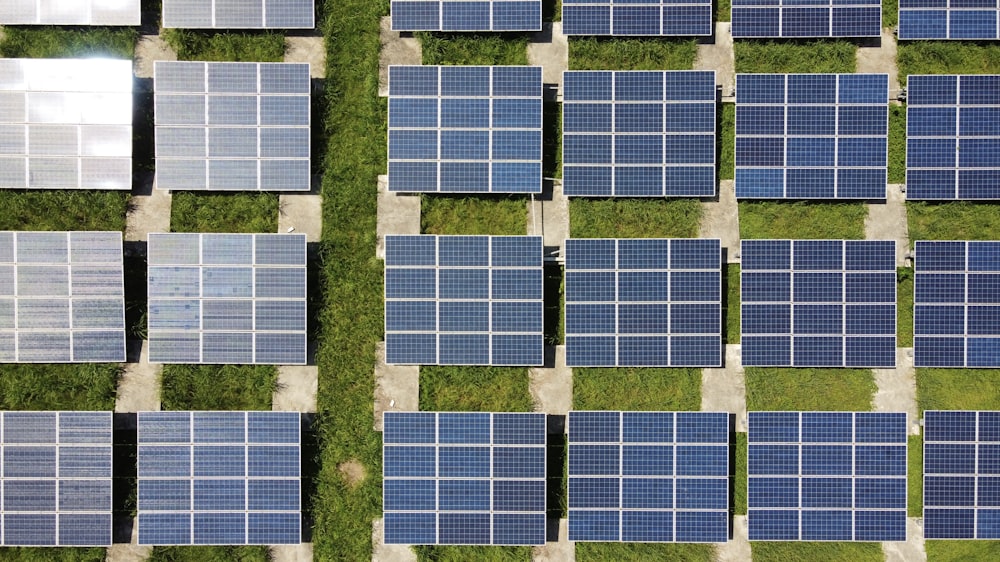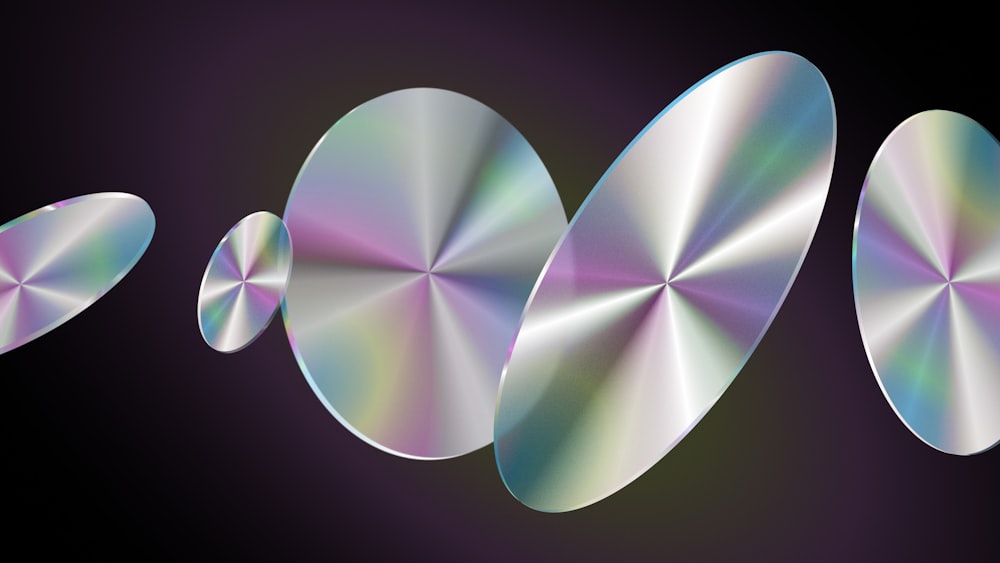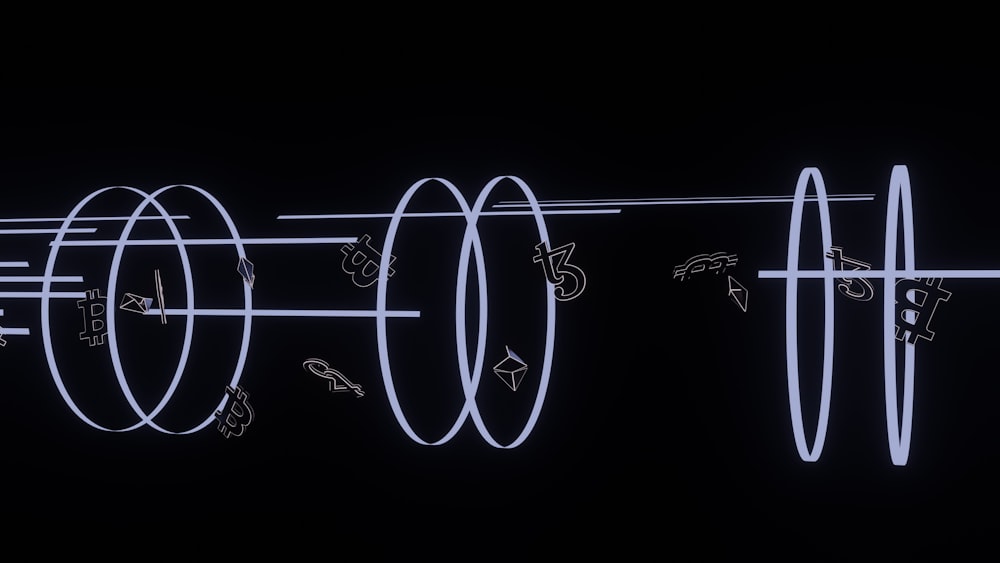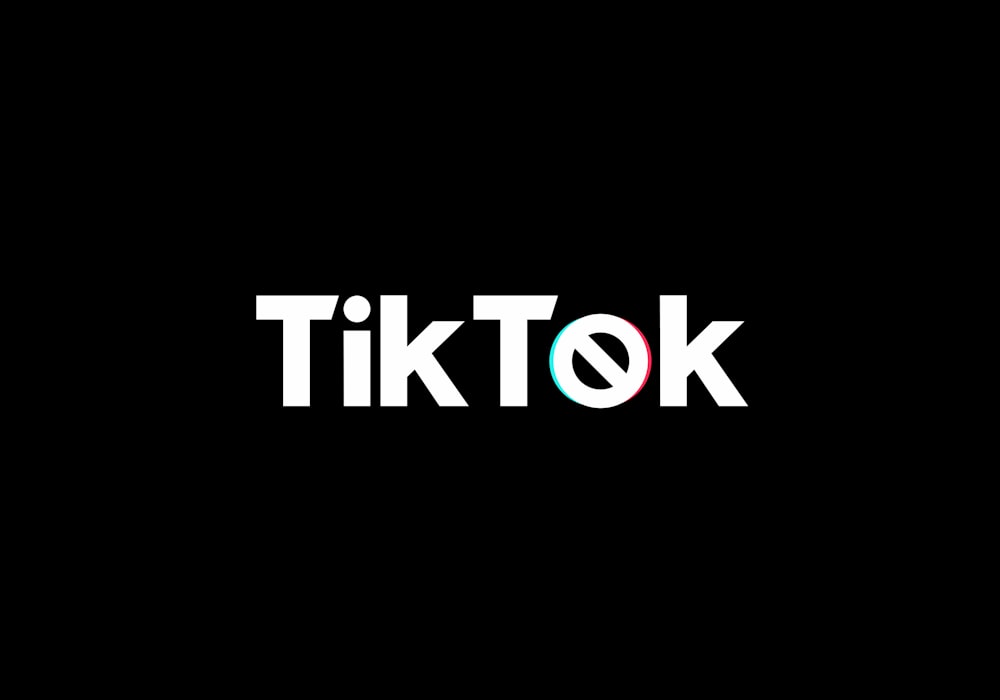Smart Grids: Revolutionizing Renewable Energy
Smart grids represent a groundbreaking innovation in the field of renewable energy, offering a dynamic and efficient way to integrate clean energy sources into the existing power grid.
Understanding Smart Grids
Smart grids are advanced electrical grids that leverage digital technology to monitor, control, and optimize the flow of electricity in real-time. Unlike traditional power grids, which operate in a one-way flow of electricity from power plants to consumers, smart grids enable bidirectional energy flow, allowing for more efficient distribution and utilization of renewable energy resources.
Integration of Renewable Energy
One of the key benefits of smart grids is their ability to seamlessly integrate renewable energy sources such as solar and wind power into the grid infrastructure. By leveraging advanced sensors, communication networks, and automation systems, smart grids can dynamically manage fluctuations in renewable energy generation, ensuring a stable and reliable power supply while maximizing the use of clean energy resources.
Enhancing Grid Resilience
Smart grids play a crucial role in enhancing the resilience and reliability of the power grid, particularly in the face of climate change and extreme weather events. By decentralizing power generation and distribution, smart grids reduce the vulnerability of the grid to disruptions and outages. Additionally, advanced monitoring and predictive analytics enable operators to anticipate and mitigate potential issues before they escalate, minimizing downtime and improving overall grid resilience.
Empowering Energy Consumers
Another key feature of smart grids is their focus on empowering energy consumers to take an active role in managing their energy usage. Through smart meters, consumers gain real-time insights into their energy consumption patterns and costs, allowing them to make informed decisions about when and how they use electricity. Additionally, demand response programs enable consumers to adjust their energy usage in response to grid conditions and price signals, leading to more efficient use of energy resources.
Enabling Distributed Energy Resources
Smart grids enable the seamless integration of distributed energy resources (DERs) such as rooftop solar panels, battery storage systems, and electric vehicles into the grid ecosystem. By coordinating the operation of DERs through advanced control algorithms and communication protocols, smart grids optimize the use of distributed energy resources, reduce energy waste, and enhance overall grid flexibility and stability.
Facilitating Grid Modernization
The transition to smart grids represents a significant step towards grid modernization and transformation. By replacing aging infrastructure with digital, interconnected systems, smart grids lay the foundation for a more efficient, resilient, and sustainable energy future. Additionally, smart grid technologies support the adoption of new grid functionalities such as microgrids, virtual power plants, and peer-to-peer energy trading, unlocking new opportunities for innovation and collaboration in the energy sector.
Policy Support and Investment
The widespread adoption of smart grids requires strong policy support and investment from governments, utilities, and industry stakeholders. Policy frameworks that incentivize the deployment of smart grid technologies, encourage collaboration among stakeholders, and promote innovation in the energy sector are essential for driving the transition to smart grids. Additionally, strategic investments in research and development, infrastructure upgrades, and workforce training are crucial for ensuring the success and scalability of smart grid initiatives.
Addressing Challenges and Opportunities
While smart grids offer numerous benefits, they also present challenges related to cybersecurity, privacy, interoperability, and regulatory compliance. Addressing these challenges requires collaboration among stakeholders and the development of robust standards and protocols for smart grid deployment. Additionally, opportunities exist to leverage emerging technologies such as artificial intelligence, blockchain, and the Internet of Things to further enhance the capabilities and performance of smart grids.
A Sustainable Energy Future
In conclusion, smart grids represent a transformative solution for revolutionizing the integration of renewable energy into the power grid. By enabling bidirectional energy flow, enhancing grid resilience, empowering energy consumers, and facilitating the adoption of distributed energy resources, smart grids lay the foundation for a more sustainable, resilient, and efficient energy future. With continued investment, innovation, and collaboration, smart grids have the potential to drive the widespread adoption of renewable energy and accelerate the transition to a cleaner, greener world.
























